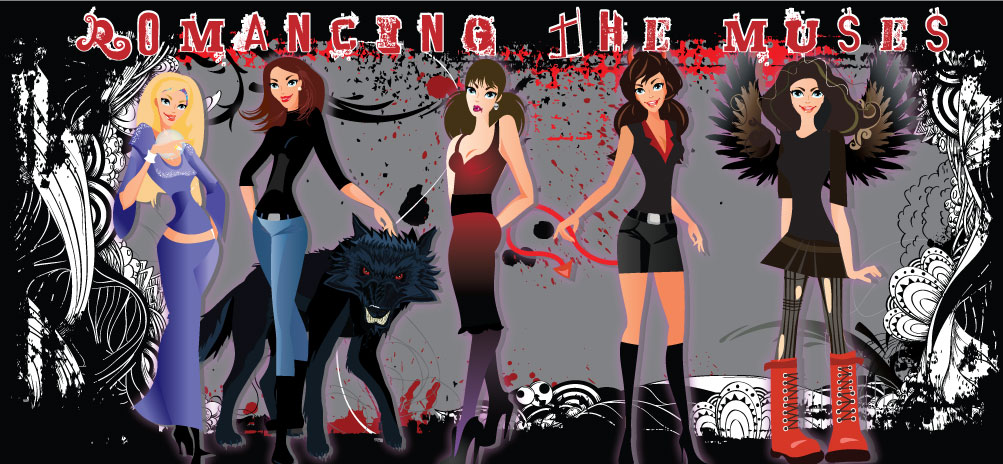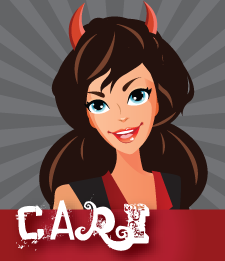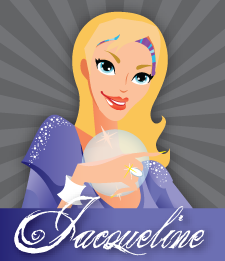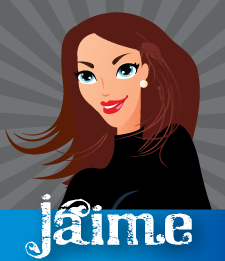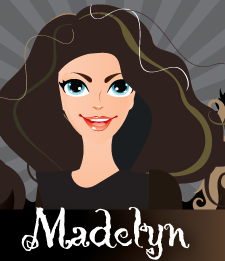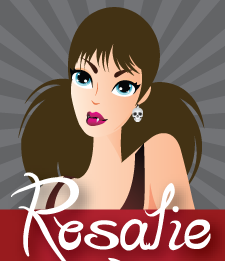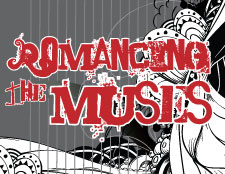I’ve mentioned before in author interviews and the like that I used to be a fan-fic writer, and one of the reasons I relied upon fan-fiction was my obviously untrue belief that published romance stories likely wouldn’t contain the level of heat to which I was accustomed. Granted, I realize now how utterly ridiculous that notion was, but my exposure to romantic fiction was limited. Before I became a romance reader, much less author, the actual books I read were more along the lines of Stephen King and JK Rowling. If I wanted heat, I looked to the world of fan-works to provide it. I didn’t realize I could have my cake and eat it, too.
After all, I expected a lot more cheese and a lot less steam with covers like this:

I have now read romance books from all across the spectrum; books with flat characters whose names I forget two minutes after reaching the end, and books with scenes I can’t get out of my head and must reread every time I get a chance. All this to say: it’s very easy in this industry to roll out the purple prose when it comes to discussing what our characters when they’re alone, and depending on the publisher and the market you’re looking at, it might even be expected.
As an erotic romance author, I prefer to be straightforward. It took me a while to get comfortable writing words like “cock” and “pussy”, but once it hit, writing those scenes became easy. I try to avoid outrageous euphemisms like “purple headed fuck-stick” (I actually have read this before), and likewise flowery language like, “swollen member.” It just seems better to get to the point. Calling a cock by any other name will not, after all, make it not a cock.
Now, as I said last week, every reader is different, and every romance reader comes to the genre or its subgenres with different expectations. If you’re like me, you don’t get offended by explicit language. I’m of the philosophy that words are words and they only hurt if you let them hurt. I have never once been put off by “the c-word” (and only refrain from using it here out of respect for those who might be offended), but there are plenty of readers for whom the use of that or certain other words would force them out of the book. Just be mindful of your audience.
In any regard, whether the scenes you’re writing are explicit or discreet, it’s always best to avoid purple prose. To read about purple prose, I suggest clicking here.
